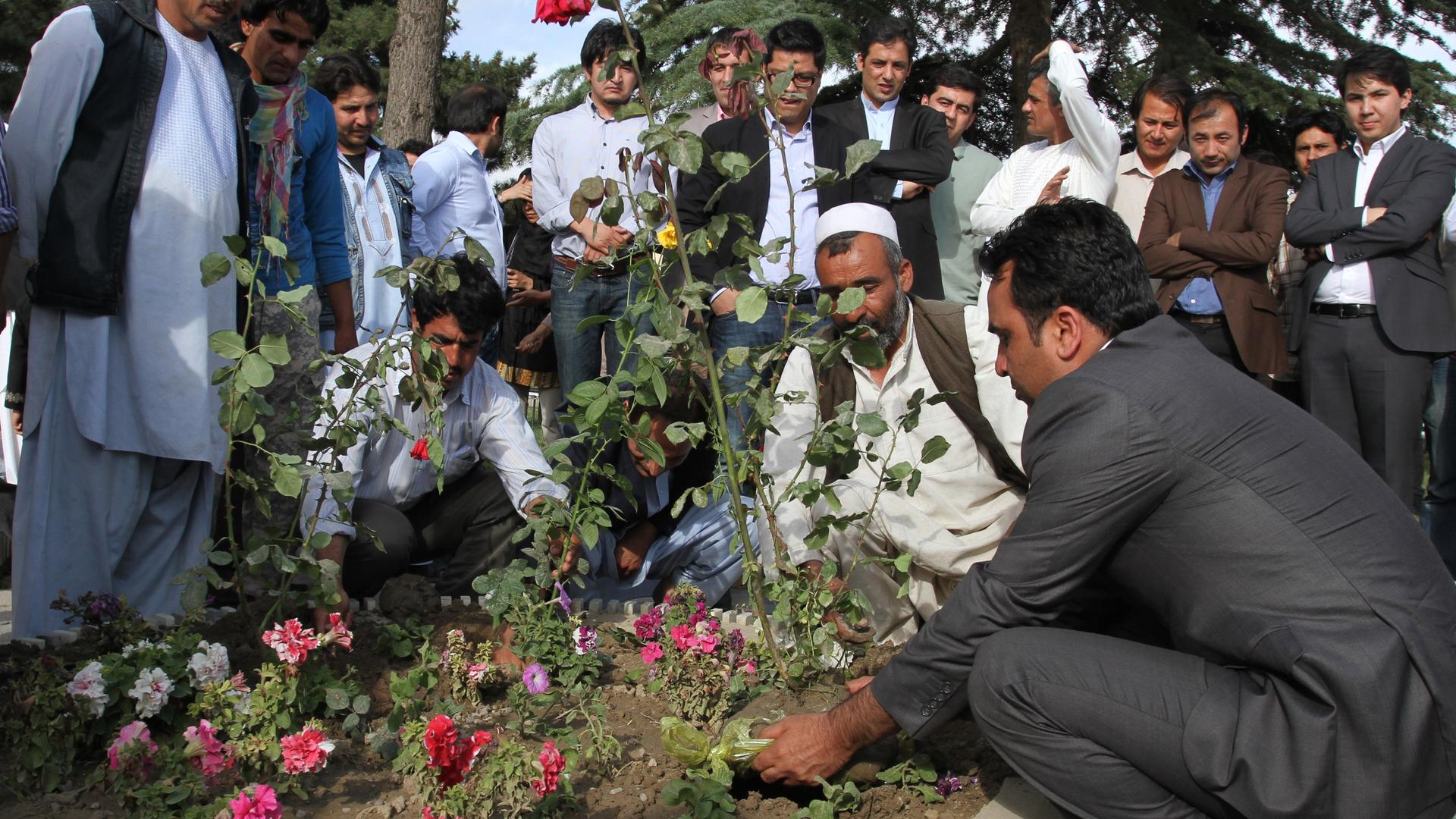This analysis was featured in Critical State, a weekly newsletter from The World and Inkstick Media. Subscribe here.
Parenting and politics often intersect when it comes to apportioning blame. When things go wrong, politics can help determine where fault lies. And that’s as true among kids — just ask any older sibling if they ever ended up taking the fall for something their younger siblings did — as it is among states. This week and next, Critical State takes a deep dive into new research on how blame gets apportioned in international politics, and how that affects unstable security situations.
Related: The leftovers: What happens to foreign policy in power transitions? Part I
In a new article in International Studies Quarterly, Uppsala University political scientists Annekatrin Deglow and Ralph Sundberg take on one of the stickiest questions about assigning responsibility in politics: When insurgents commit terror attacks against civilians, who gets the blame? On its face, the answer seems simple. The insurgents did the attacks — they may even have publicly crowed about having done so — so surely they should get the blame. And sometimes they do. But if insurgents took the brunt of the negative response every time they terrorized civilians, presumably they’d stop doing it, and they haven’t stopped yet. In reality, governments often take a large proportion of the blame for having failed to prevent terror attacks. The government’s inability to prevent the attacks becomes a key part of the insurgents’ case that the government is illegitimate and dysfunctional and that civilians should abandon their support for the state and embrace the insurgency.
Related: When it rains, it wars: Tracking intersecting security threats, Part II
The problem is figuring out which attacks are likely to make civilians blame the insurgents and, in the language of social scientists, “rally around the flag” to support the state, and which attacks will instead prompt civilians to hold the state accountable for its failure to protect them. Most research on this question has looked at attacks that happen more or less out of the blue in stable political contexts — the al-Qaeda attacks in the US, on 9/11, or in Madrid, in 2004, for example. In those cases, researchers find that US and Spanish civilians largely rallied around the flag (even if, in the Spanish case, they did not rally around the ruling party).
Related: Political science of the periphery: Part I
Deglow and Sundberg set out to see if the tendency to rally also applies to large-scale attacks in existing conflict environments. To do so, they focused on the Taliban’s 2012 attack on the Spozhmai Lakeside Resort outside Kabul. Five Taliban fighters besieged the posh hotel, killing 15 civilians and taking 50 hostages before being killed by Afghan security forces. The attack took place on June 21, right in the middle of a week-long public opinion survey effort carried out in Kabul by a leading Afghan research center. Deglow and Sundberg turned the survey data into an experiment, comparing the answers of Kabul residents who were interviewed before the attack to the answers of those interviewed after the attack.
Related: Political science of the periphery: Part II
The effect of the attack on people’s reported trust in the Afghan government was remarkable. People interviewed after the attack were 32% more likely to say they had a “fair amount” or “great deal” of trust in the provincial government than people interviewed before. For trust in the Afghan parliament, the effect was even more pronounced — people were 65% more likely to say they trusted the parliament after the attack, and 34% less likely to say they distrusted it. For the police, who already were much more trusted than either the provincial or national governments, the effect was less substantial but still significant: People were 12% more likely to say they trusted the police after the attack.
One notable aspect of Deglow and Sundberg’s finding is that, despite the evidence they offer of a dramatic rallying effect following a large-scale attack against civilians, two decades of conflict between the Taliban and the Afghan state has not yielded an overwhelming embrace of the government by Afghan civilians. Indeed, quite the opposite — when the same organization that did the 2012 survey asked Afghans in 2019 about their confidence in public organizations, just 47% expressed confidence in parliament as a whole, and 56% in provincial councils. While governments may be able to avoid blame for large insurgent attacks on civilians even in a conflict zone, the long-term effect of failing to make peace is still the erosion of state legitimacy.
Critical State is your weekly fix of foreign policy without all the stuff you don’t need. It’s top news and accessible analysis for those who want an inside take without all the insider bs. Subscribe here.
